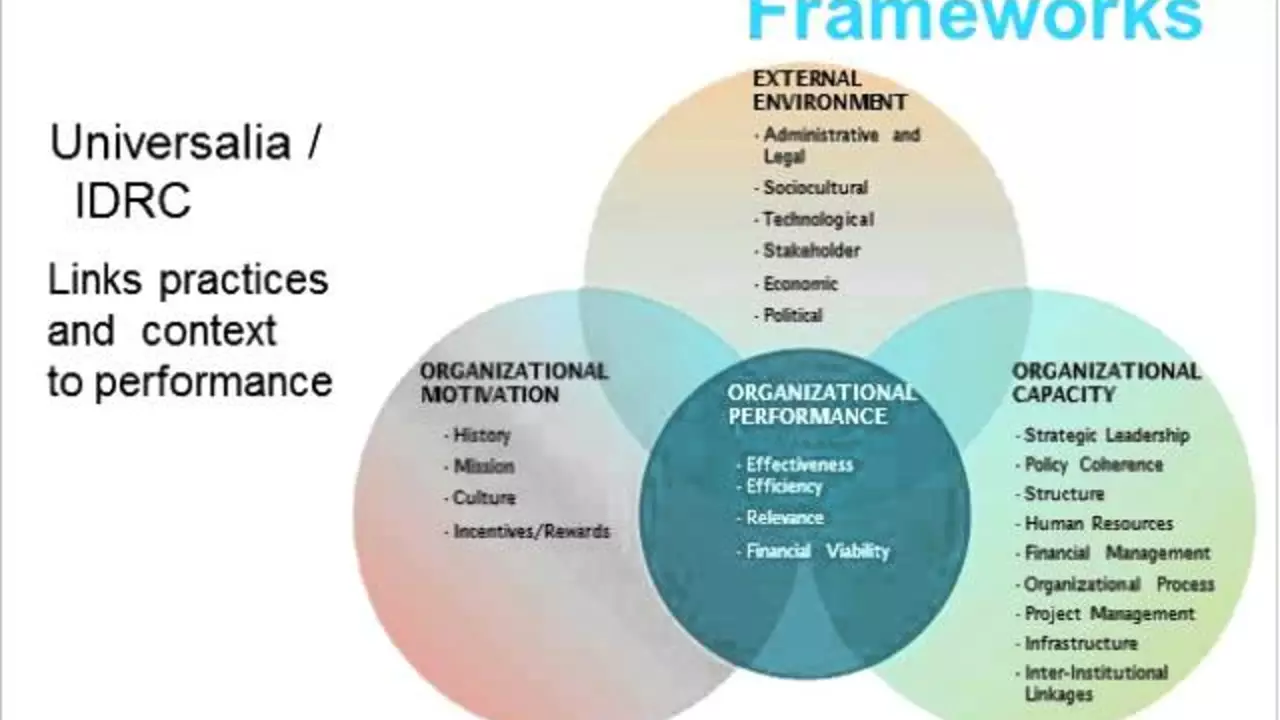Improvement Strategies for Players, Coaches and Fans
Want to get better on the pitch? These improvement strategies focus on simple, repeatable steps you can use today to raise performance, avoid common mistakes, and see steady progress.
Start with clear goals. Set one measurable target per week—more completed passes, fewer turnovers, a faster sprint time. Keep the goal specific and track it. Small wins add up and keep motivation high.
Practice deliberately. Instead of endless drills, practice the parts of the game you struggle with. If your first touch is weak, spend 15 minutes a day controlling and passing under pressure. If finishing is the issue, take shots from game-like positions, not random balls from distance.
Use game review. Record training and matches. Watch short clips focused on one issue at a time—positioning, pressing, or set pieces. Pause and note two things you did well and two things to fix. Review with a coach or teammate for honest feedback.
Work on fitness smartly. Football fitness is not just running longer. Mix endurance with sprints, agility drills, and strength work that matches your position. A winger needs explosive sprints and core stability. A center back needs strength and quick reaction drills.
Improve decision-making through small-sided games. Playing 3v3 or 5v5 forces fast choices and more ball touches. These games simulate real pressure and sharpen awareness. Rotate positions often so you understand teammates’ options and spaces better.
Mindset and recovery
Mental sharpness matters. Practice focus with short concentration drills before training and use breathing to reset during games. Embrace mistakes as data, not failure. Write one lesson after every match to turn errors into action items.
Recovery is part of getting better. Sleep, hydration, and active recovery speed gains. Use light movement, stretching, and foam rolling the day after intense sessions. Proper recovery reduces injury risk and keeps training consistent.
Data, feedback and planning
Use simple stats to guide work. Track touches, pass accuracy, or tackles per game. Numbers highlight patterns you might miss. Combine stats with video to make clear practice tasks.
Plan weekly sessions around priorities. If you found weaknesses in matches, allocate two training blocks that week to that skill. Keep one session fun and competitive to maintain joy and real-game intensity.
Coaches should communicate clearly. Give one key instruction per player each match so feedback is actionable. Players should ask for specific feedback they can practice, not vague praise or criticism.
Fans and fantasy players can use improvement strategies too. Follow team trends, watch player usage, and track injuries to make smarter lineup choices. Observing who improves over weeks helps predict form and starts.
Improvement is a process. Focus on specific goals, practice with purpose, use feedback and rest well. Small, consistent steps beat short bursts. Keep the plan simple, keep measuring, and you’ll see progress on and off the field.
Start tracking one change this week and measure it daily. Share results with teammates or coach, adjust fast, and repeat regularly over the season for steady, meaningful improvement.
